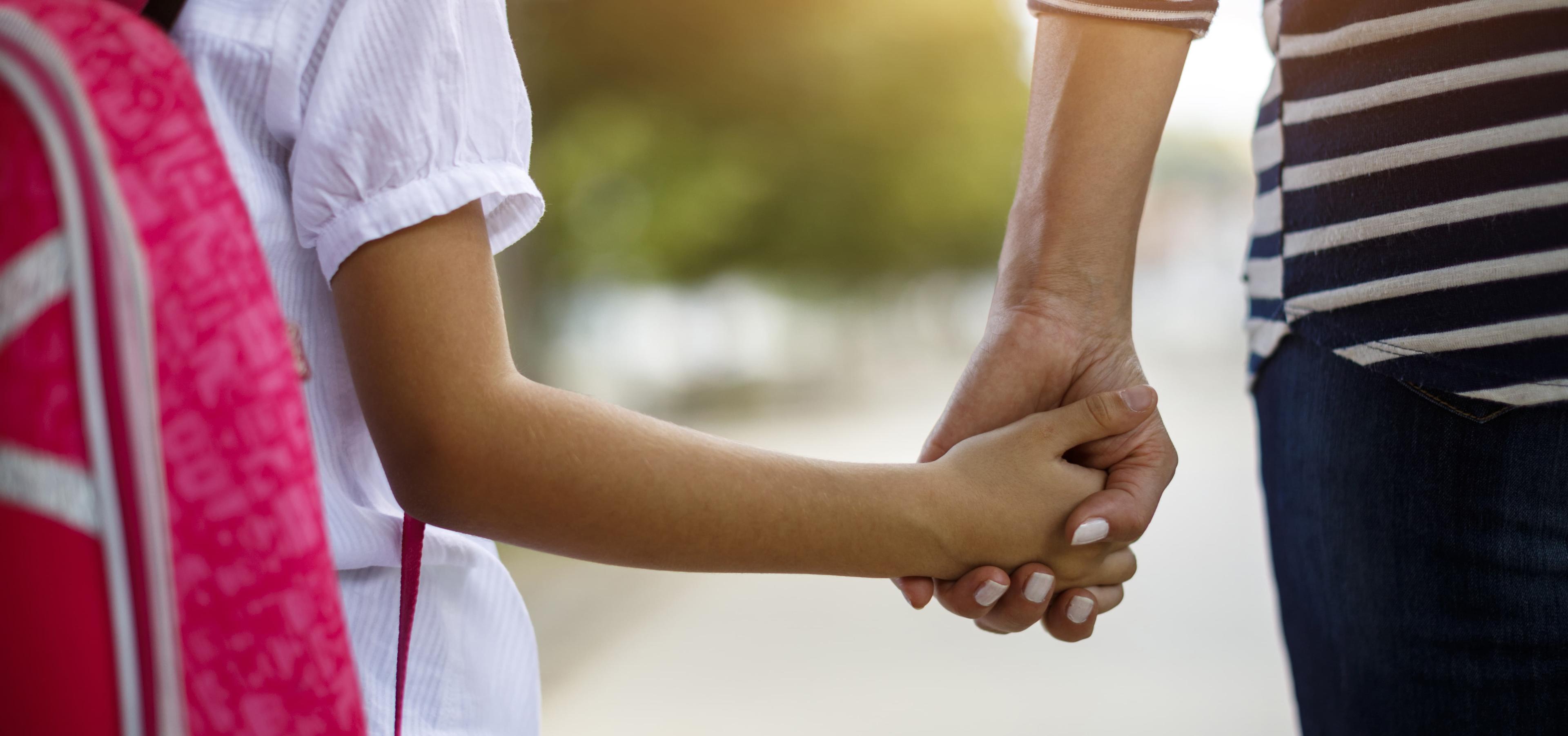Separation anxiety is a common experience for young children, and can be a difficult time for both children and parents. While it can be challenging to navigate, there are strategies rooted in the Montessori approach that can help make this transition smoother and more positive for everyone involved.
First, it is important to understand that separation anxiety is a normal and natural response to separation from caregivers. It is a sign that your child has formed a strong attachment to you, which is a positive thing. However, it can also be stressful and overwhelming for your child.

Tips for handling separation anxiety in a Montessori way:
- Create a sense of predictability: Children thrive on routine and predictability. Establishing consistent routines and schedules can help your child feel more secure and less anxious. This can include consistent drop-off and pick-up times, as well as regular activities and transitions throughout the day.
- Practice independence skills: In the Montessori approach, children are encouraged to be independent and self-sufficient from a young age. This can help them feel more confident and capable, which can in turn reduce anxiety. Encourage your child to practise skills like dressing themselves, pouring their own drinks, and cleaning up after themselves.
- Foster a sense of community: Montessori classrooms are designed to foster a sense of community and belonging. Encourage your child to make connections with other children and adults in their classroom, and help them develop a sense of belonging to their community.
- Use positive language: When it is time to say goodbye, use positive language and reassurances. For example, "I love you, and I will be back to pick you up later. Have a great day at school!" Avoid negative language or making promises that you may not be able to keep.
- Be consistent: Consistency is key in helping children feel secure and confident. Stick to your routines and schedules, and follow through on promises and commitments.
- Be patient and understanding: Separation anxiety can be a difficult and emotional experience for children. Be patient and understanding, and provide reassurance and support as needed.
By using these strategies, you can help your child feel more confident and secure during times of separation. Remember that separation anxiety is a normal and natural response, and that with patience, consistency, and support, your child can learn to navigate these transitions with greater ease and comfort.

